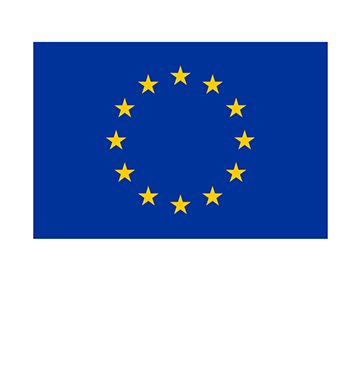International cooperation in the field of inspection of inland navigation vessels
26/04/2018

Vienna, April 27, 2018 –The third joint meeting of the bodies responsible for the inspection of inland navigation vessels was held in Vienna from April 24 to 26, 2018. This meeting, organised under the auspices of the European Committee for drawing up Standards in the field of Inland Navigation (CESNI), follows on from the meetings in Budapest (2008) and Wroclaw (2012).
Almost 80 experts from 12 CESNI Member States, the classification societies and river commissions, answered numerous questions on the practical application of the technical prescriptions for inland navigation vessels and took part in an intensive exchange of opinions and experience at several rounds of discussions.
Participants were welcomed by Vera Hofbauer, Head of the Shipping Department at the Austrian Federal Ministry of Transport, Innovation and Technology and Vice-Chair of CESNI. She particularly emphasised the key role of the European standard laying down technical requirements for inland navigation vessels (ES-TRIN) in promoting the convergence of regulatory frameworks at European level, including on the Rhine and Danube, and called for continued respectful cooperation within CESNI to ensure the consistent application of this standard. Max Bühler, the Commissioner for Switzerland, was a knowledgeable and efficient chairman.
After the three days of the meeting, the 50 questions submitted by the experts on the application of the ES-TRIN had been largely answered. The expert discussions on the application of the technical requirements also generated numerous proposals for harmonised interpretations.
Moreover, this meeting was also an opportunity to inform experts in the field about how CESNI works, the evolution of international regulatory frameworks and the ES-TRIN’s entry into force in October 2018. Notwithstanding CESNI having made possible convergence between European regulatory frameworks, what is now required is the correct implementation of the ES-TRIN to maintain a high level of safety, to limit the environmental impact and to ensure fair inland navigation conditions. The role of the Inspection body experts in this implementation, and in supporting the emergence of innovation was especially highlighted.
The meeting also allowed enough time for personal exchanges with counterparts from other countries, assisted by the interesting outline programme arranged by the Austrian hosts in Vienna, a city with a special atmosphere. The contacts made or renewed at the meeting will without any doubt promote international collaboration among the experts.
The results will be published by means of the database for the application of technical requirements “ES-TRIN-faq”. They also might give substance to further work in CESNI, in particular future amendments of the ES-TRIN.

